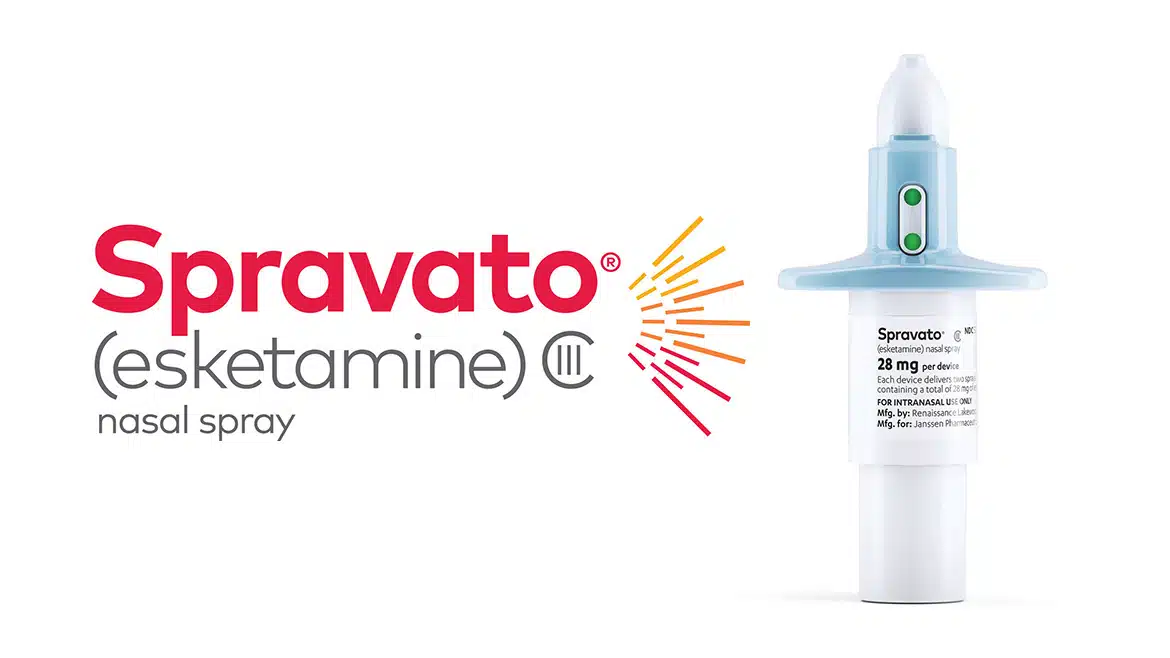Feeling occasional anxiety is unavoidable. In fact, it is an intended function of the human body – it is the way our nervous system responds to stress or perceived danger. When this anxiety goes past normal levels and becomes disruptive to your everyday life, this may be a sign that you are suffering from an anxiety disorder.
Anxiety disorders are fairly common – up to 40 million adults in the United States experience an anxiety disorder every year.
Luckily, you can find relief from your symptoms with the right treatment options and lifestyle changes.
Is anxiety hereditary?
The research on what causes the development of an anxiety disorder is still ongoing. Current understanding is that each case of anxiety is an individualized and complex mix of risk factors like the following:
Previous traumatic experiences
Physical conditions like thyroid disorders
Family history of anxiety disorders or mental health conditions
This means that anxiety is caused by hereditary factors as well as environmental factors, but we are still not sure to what extent hereditary factors impact this development. While some research indicates that certain chromosomal characteristics are sometimes linked to phobias and panic disorder, other research indicates that social anxiety disorder, panic disorder, and generalized anxiety disorder are linked to specific genes.
More recent research concludes that generalized anxiety disorder is indeed genetic and can be inherited.
What are the symptoms of anxiety?
Symptoms of anxiety may include the following:
- Stress and nervous feelings
- Trouble concentrating
- A sense of impending doom or dread
- Irritability
- Being on edge
- Sleep disturbances
- Changes in appetite
- Sweating
- Fast breathing
- Hot flashes
- Shaking
- Increased heart rate
- Fatigue or lack of energy
- Gastrointestinal distress
Types of anxiety disorders
- Generalized Anxiety Disorder
- Panic Disorder
- Obsessive-Compulsive Disorder
- Social Anxiety Disorder
- Post-Traumatic Stress Disorder
- Separation Anxiety Disorder
Treatment for anxiety relief
Lifestyle changes
Mental health and physical health directly affect one another, and not supporting one may have detrimental effects on the other. As little as 30 minutes of exercise, three to five times a week may help relieve your symptoms.
Anxiety may also affect your ability to get enough sleep. You may find that practicing good sleep hygiene like a consistent schedule or time away from electronic devices help you sleep.
Ketamine infusion
Much like anxiety disorders themselves, ketamine infusions are still being researched for the treatment of these symptoms. The current understanding is that ketamine binds to receptors in the brain that increase the amount of a neurotransmitter – glutamate – is released. This will then set off a chain of reactions within the brain that affects thinking and emotional regulation.
To put this in layman’s terms, the brain reacts to ketamine in a way that triggers hormones that help create more positive emotions. This can occur within minutes after a person receives their infusion, but some people may need several treatments before they experience the highest level of benefits.
Contact us today to learn about our innovative treatment options.
Kathryn A. Walker is a pioneering medical researcher and psychiatrist known for her groundbreaking work in the field of mental health, particularly in the area of ketamine treatments. With a deep passion for understanding and alleviating the burden of treatment-resistant mood disorders, Kathryn has dedicated her career to investigating the therapeutic potential of ketamine.
Through her relentless efforts, she has played a pivotal role in shedding light on ketamine’s efficacy in treating conditions like depression, anxiety, and PTSD. Her research has not only transformed the way we approach mental health care but has also provided hope to countless individuals who had previously found little relief from conventional treatments.
Kathryn A. Walker’s pioneering contributions continue to shape the landscape of mental health medicine and inspire new avenues of research in the pursuit of better mental well-being for all.




